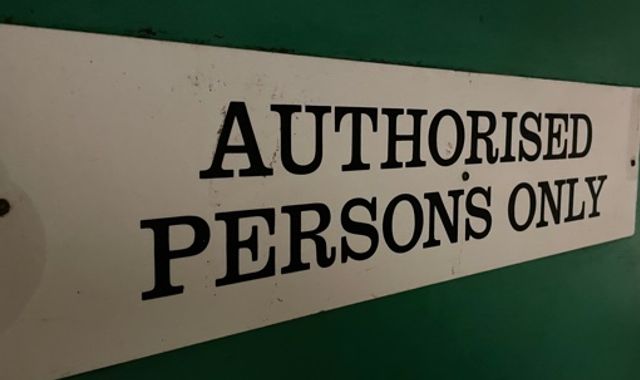‘Flawed’ probation service should be returned to the public sector, says report
Written by News on 28/03/2019
Tens of thousands of offenders are being supervised under an “irredeemably flawed” system, the probation chief has warned.


In a highly critical assessment, Chief Inspector of Probation Dame Glenys Stacey said the public could be “a lot safer” than is currently the case.
The damning report highlights a catalogue of problems including national staff shortages, low performance of private providers and shortcomings in efforts to keep victims safe.
And in response, the Ministry of Justice has acknowledged “the model is not working” and has admitted they need to do more.
There are now calls for the service to come back to the public sector after it was part-privatised five years ago by the then justice secretary Chris Grayling following the Transforming Rehabilitation review.
Speaking to Sky News, Jane (not her real name) a probation officer in Leeds said “the system is broken”.
“It’s really really hard, I work with the highest risk cases. So it’s just intense,” she said. “I’m doing about one and a half peoples jobs most of the time, so my work load is really high and it’s all high priority stuff.
“There is not one thing that I could leave and do tomorrow because everything is highest priority and you’re actively managing high risk in the community.”
She added: “There are a lot of days more than I can remember in the past where I go home desperately worrying about what’s going to happen between me leaving the office and coming back in the next day.
“And when I mean desperately worrying I’m talking about whether somebody who I’m supervising will go out and do something terrible and harm somebody and that’s an immense pressure to live with.”
In her report Dame Glenys says public ownership is a “safer option” for the core work.
She also outlines what she regards as key failings including:
:: Using “white noise” to stop private conversations between probation staff and offenders being overheard when meetings take place in open booths.
:: A lack of judicial confidence in probation and community punishments may be leading to more custodial sentences in borderline cases.
:: Warns the number of probation professionals is at a “critical” level.
:: Eight out of 10 private Community Rehabilitation Companies (CRCs) inspected since January last year were rated “inadequate” for implementation and delivery of probation supervision, while the public sector National Probation Service (NPS) is performing better overall.
:: Not enough is being done to safeguard victims and children.
Dame Glenys said: “The probation model delivered by Transforming Rehabilitation is irredeemably flawed.
“Above all, it has proved well-nigh impossible to reduce probation services to a set of contractual requirements.”
She said victims, judges, the public and offenders must all have confidence in the quality of the service.
“To be plain, public ownership is the safer option for the core work.”
Prisons and probation minister Rory Stewart said the report “redoubles my determination to continue working towards a probation service that puts public protection first, commands the confidence of the courts and breaks the cycle of reoffending”.
He went on: “Our reforms mean 40,000 more offenders are being supervised, which is a positive move for public safety, but it is clear the current model is not working and there is much more we need to do.
“We have already taken decisive action to end the current contracts early and have invested an extra £22m a year to support offenders on release – and we are carefully considering how best to deliver an effective probation service for the future.”
(c) Sky News 2019: ‘Flawed’ probation service should be returned to the public sector, says report






